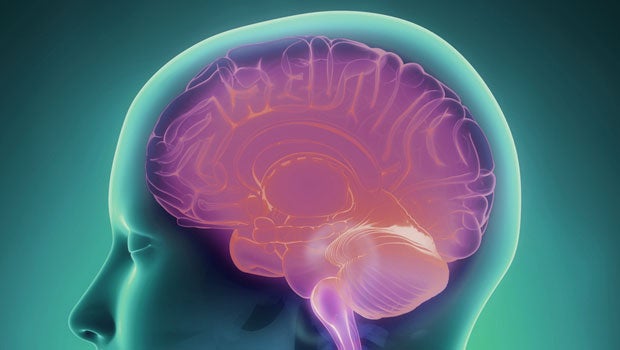HealthXchange will NEVER ask you to transfer money over a call. If in doubt, call the 24/7 ScamShield helpline at 1799, or visit the ScamShield website at www.scamshield.gov.sg.

National Neuroscience Institute (NNI) signed a Memorandum of Understanding with Medtronic International Limited, a global medical device company, on World Parkinson’s Day, today. With the partnership, NNI establishes a Centre of Excellence for DBS to advance treatment for patients with PD using innovative deep brain stimulation (DBS) devices.
Associate Professor Ng Wai Hoe, Medical Director of NNI, said, “The Centre will enhance patient care, safety and quality outcomes. It will also play an important educational role to help establish similar centres in the region and enhance accessibility of high quality DBS therapy in the region.”
After many years of medications, patients may experience “wearing-off symptoms”
Parkinson’s Disease (PD) is the second most common neurodegenerative disorders, affecting about three in every 1,000 seniors aged 50 years and above. Currently, patients with PD are prescribed medications to control PD symptoms and improve their daily function.
However, after many years of medications they may experience “wearing-off symptoms” – PD symptoms they experience may return before the next dose of medication is due and become more distinct. For such patients, DBS can be an effective treatment.
Dr Nicolas Kon, Co-Director of NNI Centre of Excellence for DBS and Consultant at NNI Department of Neurosurgery, explained, “After the device, which is like a pacemaker, is carefully implanted [in specific areas in the brain] and turned on, our patients experience an immediate improvement in their movement. This leads to a significant benefit in their overall function and quality of life. The improvement lasts for many years.”

One patient who has benefitted from DBS is Mr Tan Tian Seng. After ten years of medications to control his symptoms, he learnt about the system and went through a review on his health and medication status. Doctors determined him to be a suitable candidate for DBS, and he underwent the surgery last August. Today at 60 years old, Mr Tan can lead a better quality of life.
There are opportunities for better DBS devices. With the partnership, NNI aims to unveil the feasibility of highly programmable and MRI-safe DBS devices, helping more patients like Mr Tan.
Get the Health Buddy App
© 2025 SingHealth Group. All Rights Reserved.













 Get it on Google Play
Get it on Google Play